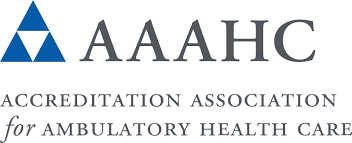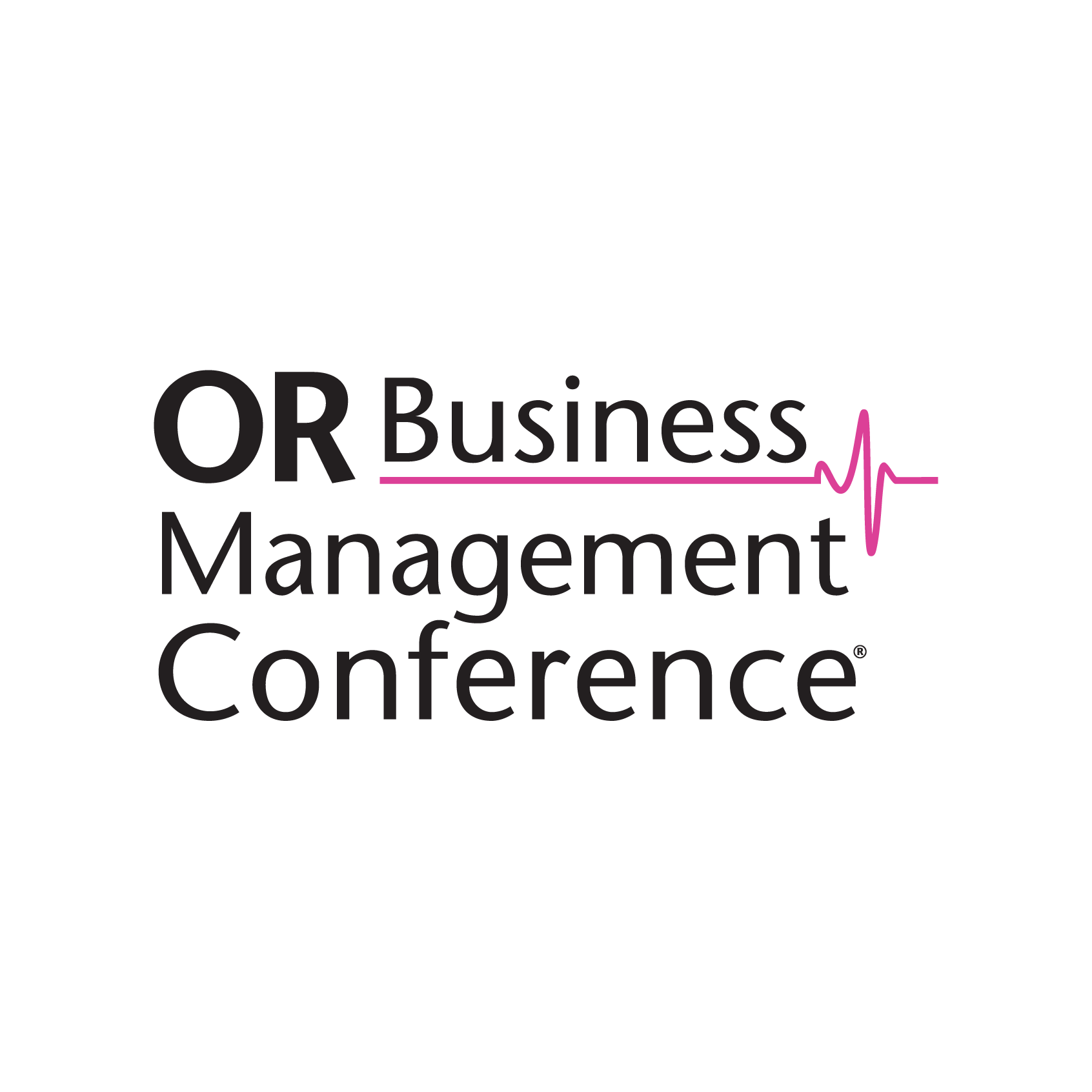
Robotic surgery has moved from cutting-edge to commonplace. The question is no longer whether to use robotics but when to introduce it and how to ensure adoption is efficient, affordable, and seamless for surgical teams. Ambulatory surgery centers (ASCs) are increasingly adding robotics to their service lines, driven by the…

Perioperative leaders face a workforce transition unlike any in recent memory. By 2030, all baby boomers will have reached retirement age, and many veteran perioperative nurses are already exiting, taking with them decades of institutional knowledge. At the same time, the expectations of today’s workforce have shifted, placing greater value…

Editor's Note Ambulatory care leaders can now sharpen compliance strategies with the release of the 2025 Quality Roadmap from the Accreditation Association for Ambulatory Health Care (AAAHC), published September 22. The annual report distills more than a year of survey findings into practical guidance for addressing the most common accreditation…

Comparing healthcare to aviation is a long-standing tradition, especially when discussing safety systems like checklists. However, the similarities extend beyond protocols. Just as flying a paper airplane differs vastly from piloting a jumbo jet, so too does earning a certificate of attendance differ from achieving professional certification. Parallels like these…

Takeaways • Different types of ASC leadership structures can be adapted to meet organizational needs. • Regulations, accreditation standards, size, and ownership types are examples of factors influencing the leadership structure. • Ongoing success of the ASC leadership team depends on factors such as governing body diversity and strategic planning.…

Editor's Note Direct-hire international recruitment can be a viable long-term strategy to stabilize staffing and improve care delivery amid a worsening shortage of registered nurses (RNs), according to a May 20 article in Daily Nurse. To make the case, the article extensively quotes Ron Hoppe, CEO of WorldWide HealthStaff Solutions…

Becoming a perioperative nurse generally does not require certification. However, expectations can change quickly for those hoping to climb the career ladder. For some, expectations are also changing for how knowledge and skills should be assessed. Rather than taking an exam, this subset of specialty nurses earn certification by submitting…

Editor's Note Didn’t make plans for Certified Nurses Day today? No worries—the American Association of Critical Care Nurses (AACCN) has some simple ideas to celebrate the specialists in your organization (and we at OR Manager have an idea of our own). Created in 2008 by the American Nurses Association (ANA)…

Editor's Note Asking questions at a business conference can go farther than one might think. Consider the new Foundational Leadership Practicum Certificate of Mastery (FLP-COM), created by CCI - Competency & Credentialing Institute in response to repeated questions about leadership certifications without formal mentoring or training in nursing. “We were…

Editor's Note The American Medical Association (AMA) expressed “strong opposition” to a proposed regulation in Washington, DC, that would allow certified registered nurse anesthetists (CRNAs) to use the title “nurse anesthesiologist.” As detailed in a December 2 announcement, a letter to the DC Department of Health from AMA CEO James…